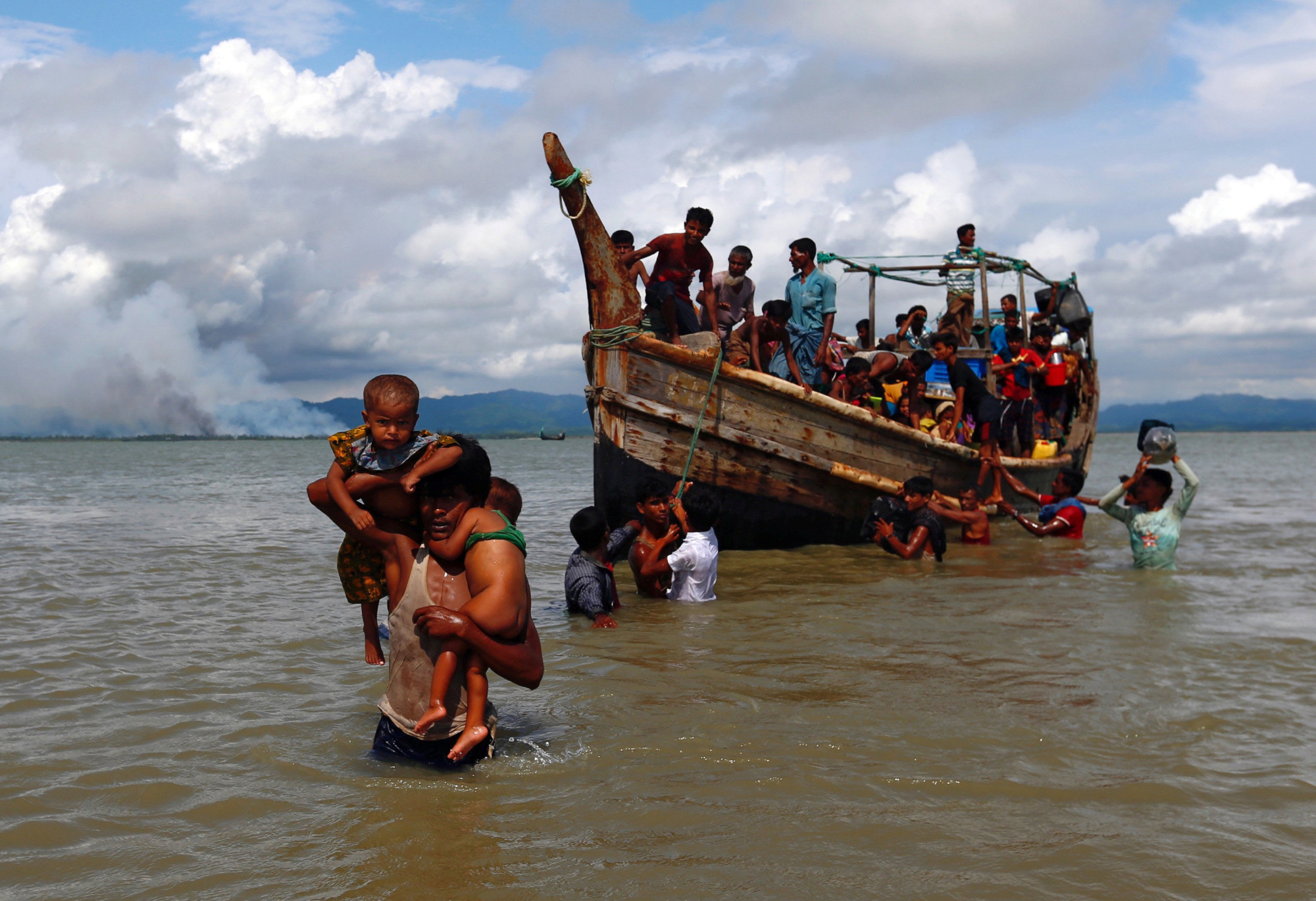A mass exodus of Rohingya Muslims escaping violence in the western state of Rakhine by fleeing to neighboring Bangladesh is once again rocking Myanmar, a country that has embarked on a genuine path to national reconciliation and democratization after half a century of military rule.
The recent exodus was triggered by the attacks on local police outposts on Aug. 25 by the Arakan Rohingya Salvation Army (ARSA), a Rohingya insurgent group that the government has denounced as a "terrorist group." The ensuing military crackdown by the government security forces not only resulted in the death of some 400 ARSA militants and civilians but also forced nearly 400,000 Rohingya, including many women and children, to seek shelter in camps across the border in Bangladesh, where conditions are known to be extremely harsh.
As the tragedy unfolds, the Myanmar government headed by de facto leader Aung San Suu Kyi has come under growing criticism for the military's "brutal and disproportionate" campaigns conducted in violation of human rights. Zeid Ra'ad al-Hussein, head of the United Nations human rights office, said recently that the ongoing situation "seems a textbook example of ethnic cleansing."



















With your current subscription plan you can comment on stories. However, before writing your first comment, please create a display name in the Profile section of your subscriber account page.